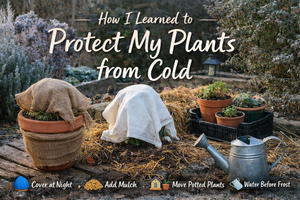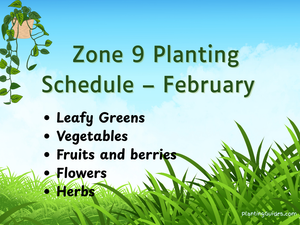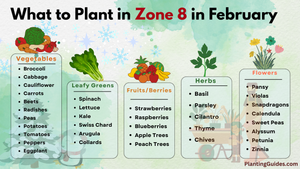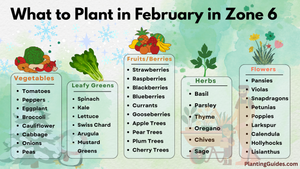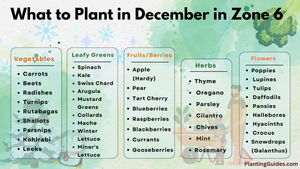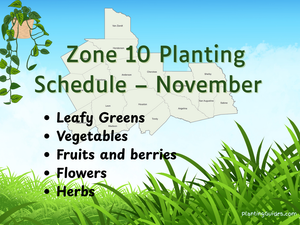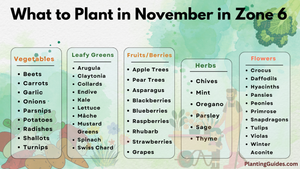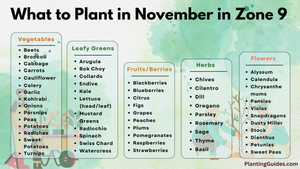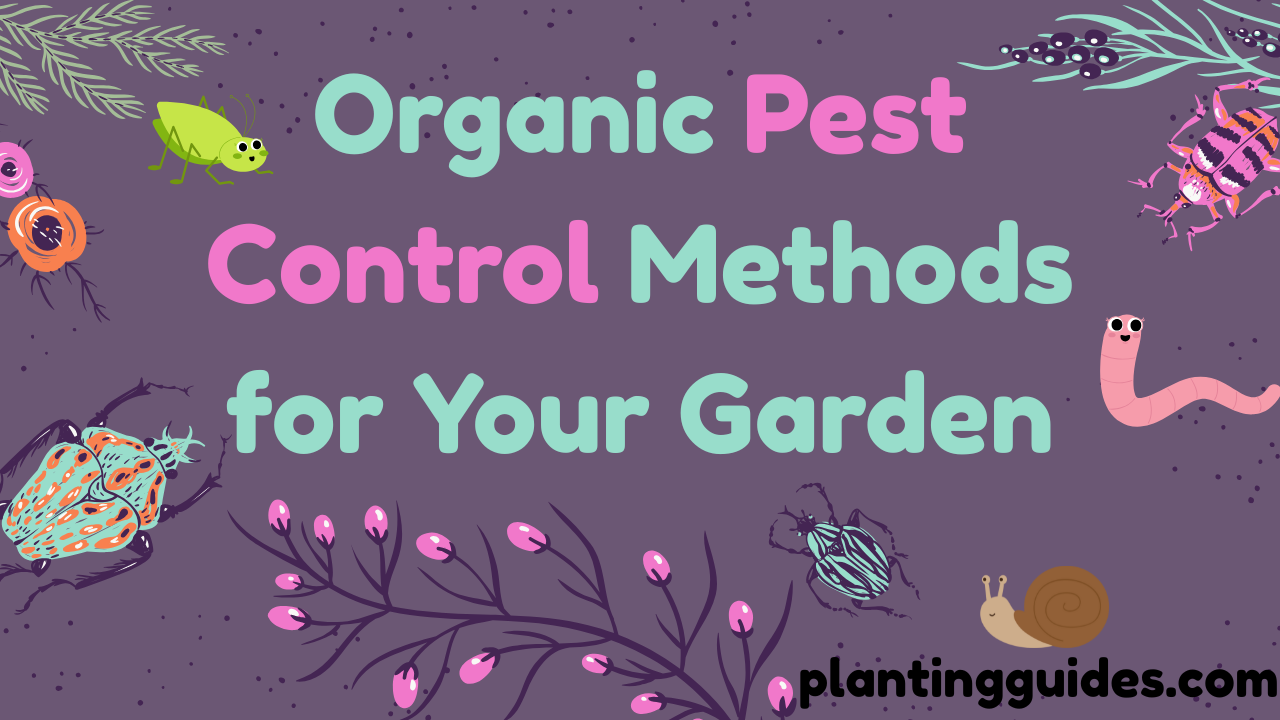
Gardening is awesome, lovely weather and good soil make it easy to grow flowers, veggies, fruit, and other plants.
It’s so cool to watch a garden wake up, flowers popping open, veggies getting big and sturdy, and fruits turning sweet and ripe in the sunshine. But pests like slugs, little green bugs, and caterpillars can mess things up, and dealing with them can be really frustrating.
You don’t need nasty chemicals to stop them, though! There are natural ways to keep your garden safe and happy.
Why Use Organic Pest Control Methods
Using chemical pesticide sprays may kill bugs, but they can also harm,
- Bees and butterflies (your garden's best friends)
- The soil and water around your garden
- Your family, pets, and even your own health
Natural pest control is kinder, it works with nature, saves money, and keeps your garden safe for pets and kids.
Below are some methods to control pests naturally in your garden.
Make Your Own Natural Sprays
Don’t buy expensive chemical pesticides. You can make your own sprays at home easily using simple natural ingredients to keep pests away. They’re safe for your garden, your family, and the helpful insects too.
Now, have a look at the table below for some easy natural spray recipes, what you need to make them, and which pests they keep away.
| Spray | What You Need | Pests It Keeps Away |
|---|---|---|
| Garlic Spray | Garlic, water, a little dish soap | Aphids, Whiteflies |
| Neem Oil Spray | Neem oil, water, mild soap | Caterpillars, Mites (Spider Mites) |
| Soap Spray | Mild liquid soap and water | Aphids and other soft-bodied bugs |
| Chilli Spray | Chilli powder, water, soap | Slugs, Caterpillars |
| Vinegar Spray | White vinegar, water, mild dish soap | Squash Bugs, Aphids |
Vinegar is non-selective and acidic, so if it touches your plant's leaves, stems, or roots, it can burn and damage them. So mix 1 cup vinegar with 3 cups water and a little dish soap, then spray only on the bugs or around the plants, not on the leaves.
In fact, vinegar spray works quickly to repel ants, aphids, fruit flies, and some other soft-bodied pests, but I highly recommend not using it in the first place.
Below are some tips for using these sprays to get the best results.
| What to Do | Why It’s Important |
|---|---|
| Spray the leaves, especially the bottom side | Bugs usually hide under the leaves, so spraying there works best |
| Spray every 3–4 days, not daily | Too much spray can hurt your plants instead of helping |
| Test on a small leaf first | Try the spray on one or two leaves before spraying the whole plant. |
Use these sprays in the evening to avoid harming beneficial insects and also the sun can burn plant leaves if you spray during the day.
Mosquito repellent
Plant more and more lemongrass, basil, marigold, and crush a few leaves in the evening. The strong scent helps keep mosquitoes away from the garden.
Note: This is not the most effective way, though its a natural method.
Make sure you Ditch all the Standing Water.
- Empty trays under pots, old tires, and clogged gutters.
- If you use birdbaths or rain barrels, add mosquito dunks (natural BTI-based, safe for birds/fish).
Purple martins, bats, and dragonflies love to eat mosquitoes.
Make a spray to repel mosquitoes
- 10 drops lemongrass oil
- 10 drops lavender oil
- 5 drops eucalyptus or peppermint oil
- 2 oz witch hazel or vodka as base Shake well in a spray bottle and spritz on clothing/skin (do a patch test first!).
I have personally used this spray and it works for both home and garden.
Attract the Helpful Insects
One of the best and easiest natural ways to control pests is by attracting their natural enemies. Many helpful insects eat common garden pests. You can attract these helpful insects by planting flowers like marigolds, lavender, daisies, etc.
Here are some of the best insects to have in your garden, what pests they eat, and which plants attract them.
| Good Bug | Plants That Attract Them | Pests They Eat |
|---|---|---|
| Ladybirds | Marigolds, dill, fennel | Aphids |
| Lacewings | Coriander, yarrow, dandelions | Aphids, whiteflies |
| Hoverflies | Lavender, alyssum, daisies | Aphids, thrips |
| Ground beetles | Clover, grasses, mulch-covered soil | Slugs, caterpillars |
| Parasitic wasps | Dill, fennel, coriander, yarrow | Caterpillars, whiteflies |
These insects act like natural pest control. They quietly work in the background, helping your plants grow better.
Note that: Palm beetles are not good for your garden.
How to get rid of palm beetles?
- Remove and Destroy Infested Material
If possible: Cut off and burn or discard heavily infested fronds or trunks. - Mix tiny microscopic worms (like Steinernema species) with water and apply. They will kill the palm beetle larvae.
Pick flowers with lots of nectar that bloom for a long time, so the insects have food and a place to stay for a long time.
You can also bring helpful insects to your garden by making it a nice and safe place for them. Here are some easy things you can do.
- Give them places to hide like bug hotels, logs, or tall grass.
- Avoid pesticides.
Even natural or organic sprays can hurt good insects. If you stop using them, helpful bugs will stay longer and help protect your garden.
- Keep a small dish of water with pebbles so they can drink safely.
These easy steps make your garden a great home for helpful insects that keep the bad ones away.
Invite Birds
Birds are also great garden helpers. Many birds, like robins, sparrows, and blue tits eat bugs such as caterpillars, beetles, and other pests that harm your plants.
Here are some easy ways to attract birds to your garden.
| What to Do | How It Helps |
|---|---|
| Hang bird feeders | Gives birds a reason to visit regularly |
| Put out a birdbath | Offers water for drinking and bathing |
| Grow berry bushes | Provides natural food and nesting cover |
| Leave a wild garden corner | Gives birds a safe place to hide and find insects |
Following the above steps and making your garden bird-friendly, you're adding another line of defense against pests.
Also, birds make your garden more alive and beautiful.
Companion Planting
Did you know that some plants can help protect others just by growing next to them? This is called companion planting, and it’s a natural way to keep bugs away without using pesticides.
Some plants have strong smells that confuse pests, attract helpful bugs, and help nearby plants grow better and stay healthy.
Now, have a look at the table below to find out which plants can help protect your garden from common pests.
| Pest | Plants That Keep Them Away |
|---|---|
| Aphids | Marigolds, Garlic, Chives |
| Slugs | Sage, Rosemary, Thyme |
| Carrot Fly | Onions, Leeks, Mint |
| Cabbage Moths | Dill, Nasturtiums |
| Whiteflies | Basil, Marigolds |
Bugs like aphids and slugs use smell to find food. Strong-smelling plants like garlic, mint, and rosemary can throw them off.
Some plants like Marigolds, Dill, etc bring in helpful bugs that eat the bad ones.
When you put the right plants next to each other, they usually grow stronger and stay healthier.
If you growing Tomatoes, add Basil and Marigolds nearby. They help keep away pests and may even make your Tomatoes taste better.
Use Barriers and Traps
Sometimes the best way to stop bugs from hurting your plants is to keep them away from the start. You don’t always need sprays or chemicals, just a few simple tools can do the job.
These tools are safe, easy to use, and work great in any garden.
| Tool | What It Does |
|---|---|
| Netting | Covers your plants so birds, butterflies, and bugs can’t reach them. Great for vegetables and fruit plants. |
| Copper Tape | Slugs don’t like touching copper. Stick this tape around pots or garden beds to stop them from climbing in. |
| Beer Traps | Slugs love beer! Bury a small dish filled with beer in the soil. Slugs fall in and can’t get out. |
| Sticky Traps | These are yellow or blue sticky cards. Flying bugs like whiteflies land on them and get stuck. |
| Row Covers | A thin sheet you put over your plants. It keeps bugs out but still lets in light and water. |
Set up your traps early to stop pests before they become a big problem.
Check and clean your traps regularly, especially the sticky ones and beer traps.
Use row covers and netting loosely, so plants have room to grow.
Mix and match tools for better results. For example, use copper tape with beer traps to fight slugs.
It's not very hard to keep your garden safe from pests. These simple tools are great for keeping them out of the garden. Just try a few of them, see what works, and enjoy growing your plants the natural way.
Take Care of Your Soil & Rotate Crops
Healthy soil means strong plants, and strong plants can fight off pests better. Add compost or natural matter to keep your soil full of nutrients.
Also, try crop rotation, don’t grow the same thing in the same spot every year. This helps stop pests and diseases from coming back.
For example, don’t grow tomatoes in the same place every year; switch things up.
